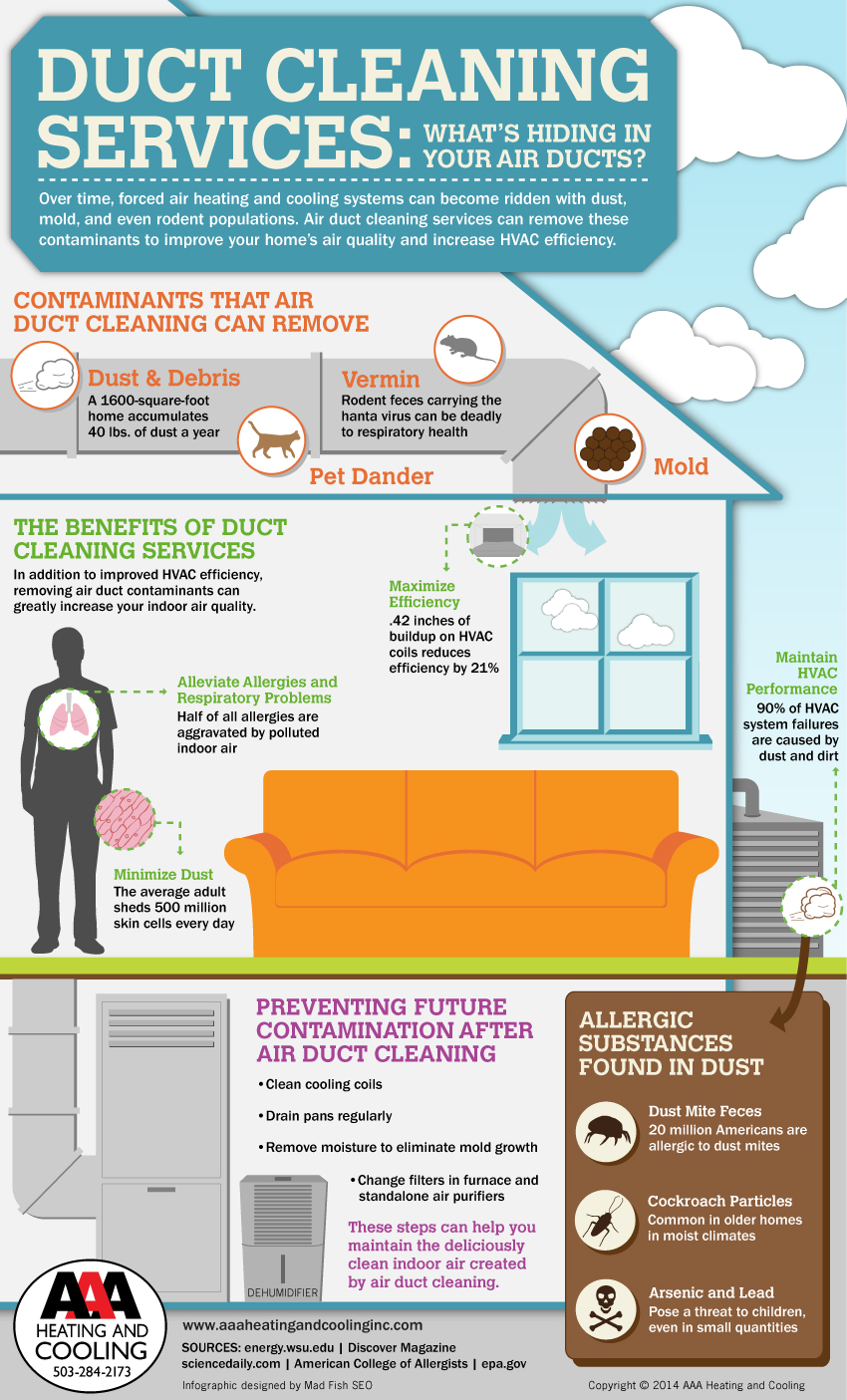The Future Of Home Home Heating - Just How Heatpump Technology Is Progressing
The Future Of Home Home Heating - Just How Heatpump Technology Is Progressing
Blog Article
Post Created By-Rosenthal Ringgaard
Heat pumps will be a critical innovation for decarbonising heating. In a scenario consistent with federal governments' announced energy and environment dedications, their global ability doubles by 2030, while their share in heating rises to one-quarter.
They function best in well-insulated homes and rely upon electrical energy, which can be provided from a renewable power grid. Technological advancements are making them more reliable, smarter and more affordable.
Gas Cells
Heatpump use a compressor, refrigerant, coils and fans to move the air and warmth in homes and home appliances. They can be powered by solar energy or electrical energy from the grid. They have actually been gaining appeal due to their inexpensive, peaceful operation and the capacity to create electrical power throughout peak power demand.
Some firms, like IdaTech and BG MicroGen, are working with fuel cells for home heating. These microgenerators can replace a gas boiler and generate a few of a house's electrical requirements with a link to the electrical power grid for the remainder.
But there are reasons to be cynical of using hydrogen for home heating, Rosenow says. It would certainly be costly and ineffective compared to various other technologies, and it would include in carbon exhausts.
Smart and Connected Technologies
Smart home technology allows home owners to connect and regulate their devices from another location with making use of smartphone applications. As an example, smart thermostats can learn your heating preferences and immediately adjust to optimize power usage. Smart lights systems can be controlled with voice commands and immediately turn off lights when you leave the space, reducing energy waste. And clever plugs can keep track of and handle your electrical use, enabling you to recognize and limit energy-hungry home appliances.
The tech-savvy household portrayed in Carina's meeting is an excellent picture of how occupants reconfigure space heating methods in the light of brand-new smart home modern technologies. They count on the gadgets' automated attributes to perform everyday modifications and concern them as a convenient methods of performing their heating practices. Thus, they see no factor to adapt their methods better in order to make it possible for versatility in their home power demand, and treatments focusing on doing so might encounter resistance from these houses.
Electrical energy
Given that heating homes represent 13% people emissions, a button to cleaner options can make a large difference. Yet the modern technology faces obstacles: It's pricey and needs comprehensive home renovations. And it's not always suitable with renewable resource resources, such as solar and wind.
Up until just recently, electric heat pumps were too costly to compete with gas designs in the majority of markets. However https://roboticsandautomationnews.com/2021/04/12/4-simple-steps-to-becoming-an-hvac-contractor/42213/ in design and materials are making them extra economical. And https://www.achrnews.com/articles/146519-chillers-are-a-big-expense-but-new-technology-optimizes-use is enabling them to function well even in subzero temperatures.
The following step in decarbonising home heating may be the use of warm networks, which attract warmth from a central resource, such as a neighboring river or sea inlet, and disperse it to a network of homes or structures. That would minimize carbon exhausts and enable houses to make use of renewable energy, such as eco-friendly electrical power from a grid provided by renewables. This choice would certainly be less pricey than switching over to hydrogen, a fossil fuel that requires brand-new infrastructure and would just lower carbon dioxide emissions by 5 percent if coupled with improved home insulation.
Renewable Energy
As electrical energy rates drop, we're starting to see the same trend in home heating that has driven electric vehicles right into the mainstream-- but at an even faster rate. The solid climate situation for electrifying homes has been pushed even more by brand-new research.
Renewables make up a significant share of modern warm consumption, yet have actually been offered restricted policy focus globally contrasted to other end-use sectors-- and also less interest than electricity has. Partly, this mirrors a mix of customer inertia, split motivations and, in several nations, aids for fossil fuels.
New innovations could make the shift much easier. For example, heat pumps can be made much more power reliable by replacing old R-22 refrigerants with new ones that don't have the high GWPs of their precursors. Some experts additionally imagine district systems that draw heat from a nearby river or sea inlet, like a Norwegian arm. The cozy water can after that be utilized for heating & cooling in a community.